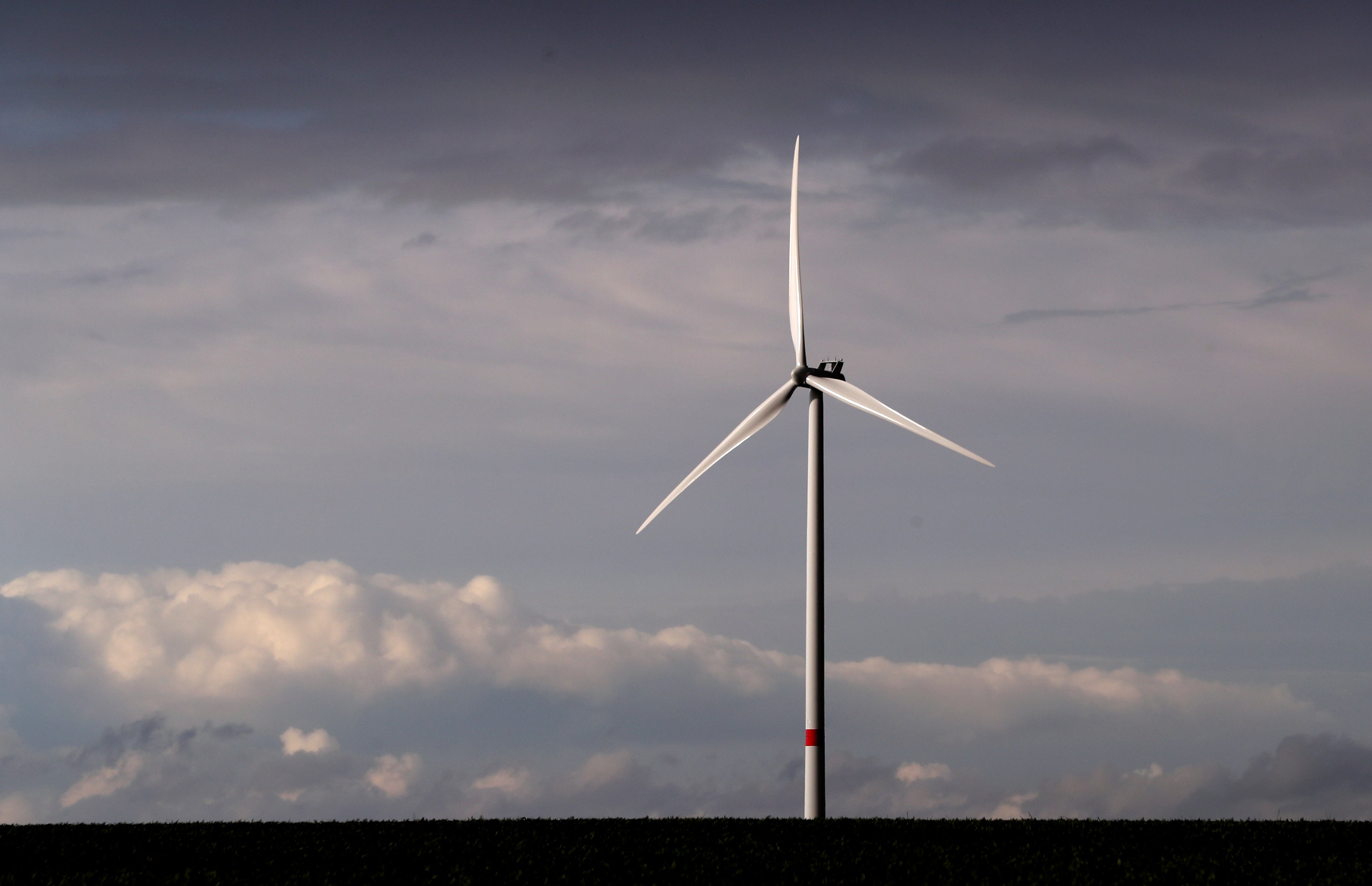UK cutting carbon from power grid ‘almost twice as fast as any other major economy’
Rapid decarbonisation of the power supply in the past decade driven by shift away from coal and six-fold increase in renewables

Your support helps us to tell the story
From reproductive rights to climate change to Big Tech, The Independent is on the ground when the story is developing. Whether it's investigating the financials of Elon Musk's pro-Trump PAC or producing our latest documentary, 'The A Word', which shines a light on the American women fighting for reproductive rights, we know how important it is to parse out the facts from the messaging.
At such a critical moment in US history, we need reporters on the ground. Your donation allows us to keep sending journalists to speak to both sides of the story.
The Independent is trusted by Americans across the entire political spectrum. And unlike many other quality news outlets, we choose not to lock Americans out of our reporting and analysis with paywalls. We believe quality journalism should be available to everyone, paid for by those who can afford it.
Your support makes all the difference.The UK cut carbon from its power supply at almost twice the pace of any other major economy in the past decade, according to new data.
Britain is far ahead of nations such as the US, Germany, Australia and China when it comes to decarbonising of power supplies, the quarterly Drax Electric Insights report said.
A continued shift away from burning coal for electricity and a six-fold increase in renewable power were found to be among the main factors behind the rapid decarbonisation of the UK’s power grid.
Dr Iain Staffel, lead author of the report and a senior lecturer in sustainable energy at Imperial College London, told The Independent: “It has been driven by two things, which is reducing the share of coal in our electricity mix and increasing the share of renewables.
“The UK has done both in greater measures than any of the other countries. We’ve almost completely eradicated coal over the last decade. Around one third of our electricity was coming from coal and it's now 2 per cent.”
Since 2010, carbon emissions from coal power generation have fallen by 80 per cent in the UK. Earlier this year, the UK went more than two months without using coal for electricity, setting a new record.
Some major economies, including India, Brazil and Vietnam, saw the carbon intensity of their power supply increase in the past decade.
This is largely due to an increasing reliance on locally-mined coal for power generation in these emerging economies over the past decade, said Dr Staffel.
“Japan is a tricky case because they had the Fukushima nuclear reactor disaster [in 2011]. Since then, nuclear power has fallen and a lot of the shortfall has been met with coal and gas.”
The report also finds that the contribution of nuclear to the UK power supply reached a 40-year low this year. On 23 August 2020, output from nuclear plants fell to just 2.49 GW, around 8 per cent of the power supply.
“The reason this is happening we built the vast majority of our nuclear plants in the 1960s and 70s,” said Dr Staffel. “They are all getting towards the end of their life, so the reliability and availability of them has come right down.”
Though the results are encouraging, the UK could still do more to reduce the carbon intensity of its power grid, he added.
“We can still go further with our power sector because it’s still emitting more than those in Canada or France or Scandinavian countries,” said Dr Staffel. “We could get down to zero emissions. We could even go further and get to negative emissions, so that the energy we generate actually reduces total CO2 emissions.
“But the other thing is we really need to have to tackle decarbonising transport and buildings.”
The transport sector currently accounts for around a third of the country’s emissions. In his recent 10-point climate plan, prime minister Boris Johnson announced that a ban on the sale of petrol and diesel vehicles would be brought forward to 2030 in an attempt to try to tackle these emissions.
However, a widespread adoption of electric vehicles and more reliance on public transport and car sharing will be needed to sufficiently cut emissions from the transport sector to be in line with the country’s net-zero ambitions, analysts say.

Join our commenting forum
Join thought-provoking conversations, follow other Independent readers and see their replies
0Comments